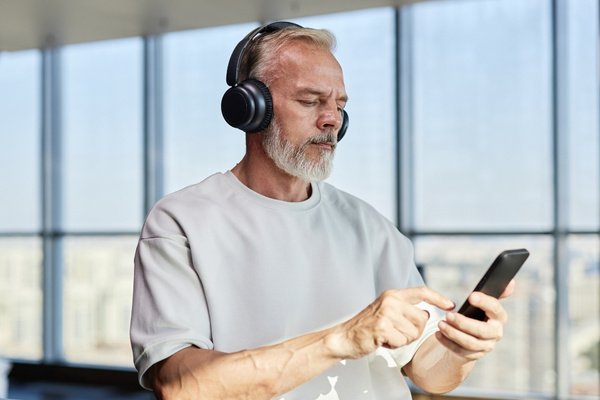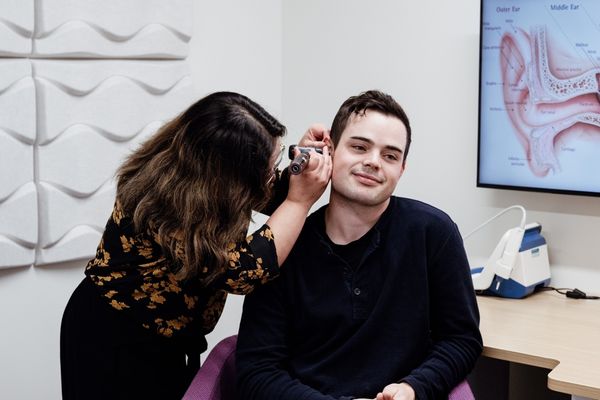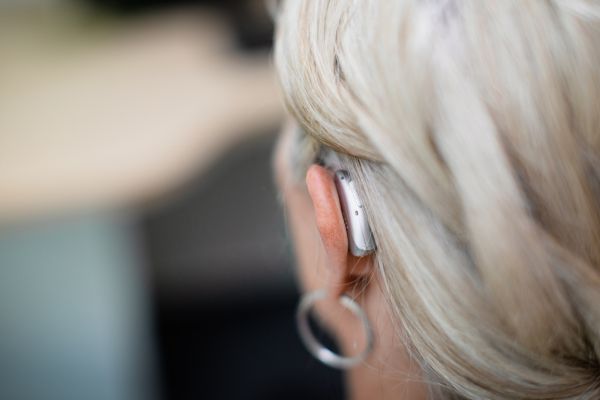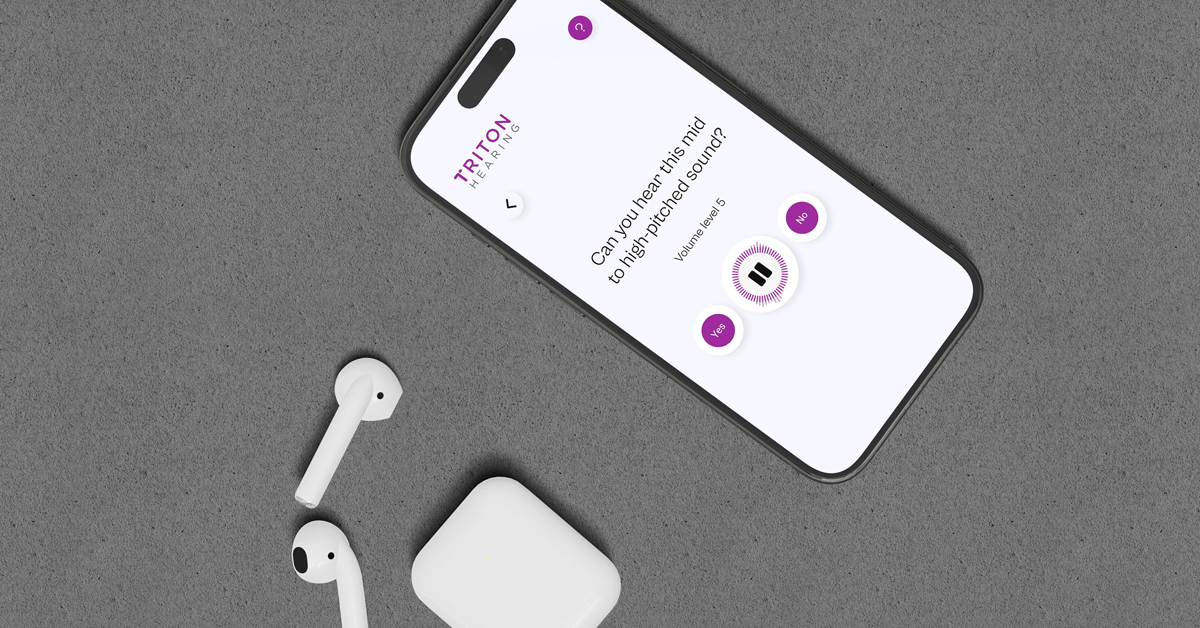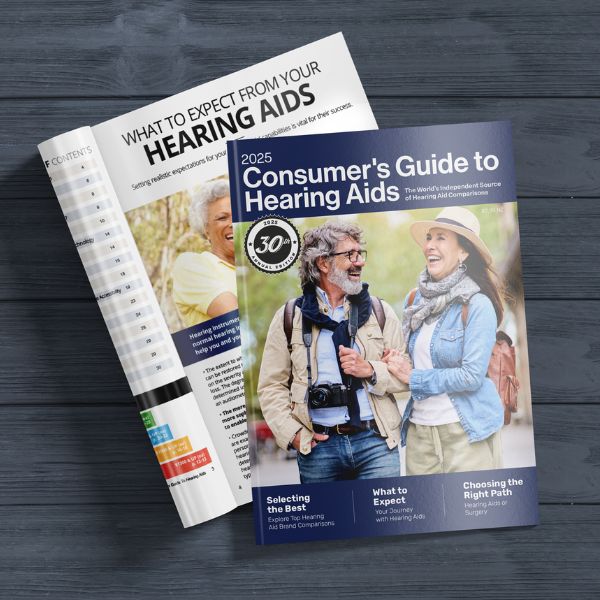Hearing Protection: An Investment in Health
Protect your hearing from loud noise and daily exposure with simple and effective solutions.
Noise is a constant in our daily lives — from bustling streets to lively events — and while we often adapt to it, our ears do not. Prolonged exposure to loud sounds can lead to irreversible hearing damage and other health issues. At Triton Hearing, we emphasize the importance of proactive ear protection. Whether you're at a concert, working with power tools, riding a motorbike, or simply trying to sleep peacefully, the right ear protection can make a significant difference. Explore our range of solutions designed to safeguard your hearing and maintain your overall well-being.
Noise-induced hearing loss
Loud noise, both sudden and for extended periods, can harm the delicate hair cells inside your inner ear — the ones responsible for carrying sound signals to your brain. Once damaged, these cells don’t grow back, meaning the effects are often permanent and may lead to hearing loss or ongoing ringing in the ears (tinnitus). The good news is that this type of hearing loss is largely preventable.

Preventative measures to protect your hearing
Whether you spend your days working with noisy tools, enjoy live concerts, or love turning up your favourite playlist, the good news is that noise-induced hearing loss is preventable. With a few small changes and the right protection, you can enjoy the sounds you love while keeping your ears safe.- Use hearing protection: Custom or over-the-counter earplugs or earmuffs can significantly reduce the impact of loud environments — perfect for concerts, power tools, lawn mowing, or noisy workplaces.
- Turn down the volume: Keep the volume at safe levels when using headphones or speakers, especially during extended listening. If others can hear your music through your headphones, it's probably too loud.
- Take breaks from loud noise: If you’re in a noisy environment, give your ears a rest by stepping away when you can — even a few quiet minutes can help.
- Exercise regularly: Good blood flow supports healthy hearing. Activities like walking, cycling, or swimming can help maintain the tiny hair cells in your inner ear.
- Avoid ototoxic medications: Some medications can affect hearing health. Always talk to your doctor if you’re concerned about side effects or are on long-term medication.
Protect your ears, your way
Everyday sounds can take a toll on your hearing, but the right earplugs make all the difference. Whether you're working with power tools, attending concerts, swimming, flying, or seeking a peaceful night's sleep, our range of earplugs is designed to safeguard your hearing without compromising comfort. Explore our selection to find the perfect fit for your lifestyle.
We offer both custom and universal fit protection options:
- Active - To protect your hearing during DIY and noisey tasks
- Drive - For motorbike riders to wear in their helments and attending motorsport events
- InFlight - To protect your hearing and improve comfort during flying
- Music - For musicians and people who enjoy concerts and events with loud music
- Swim - Earplugs for improved comfort during swimming
- SleepTight - For those sleeping next to snorers and in noisey environments
Strategies for protecting your hearing
To avoid hearing loss, you should follow a few tips on how to protect your hearing. They are easy to follow and help to ensure that your ears are less exposed to harmful noise, allowing you to continue enjoying problem-free hearing.We're here to help

Book a free* hearing check
*We offer free 15 hearing checks or 75 minute hearing assessments for anyone aged 18 and older.
Get in touch
Find your local clinic
Find a clinic